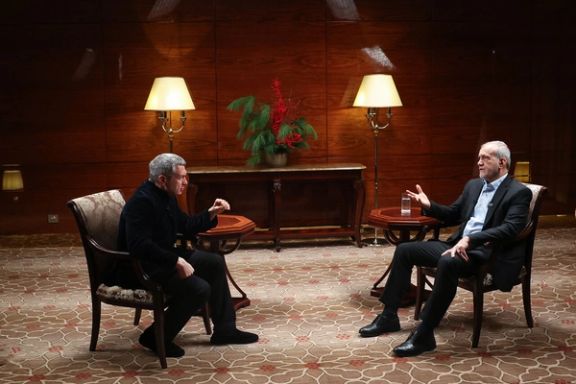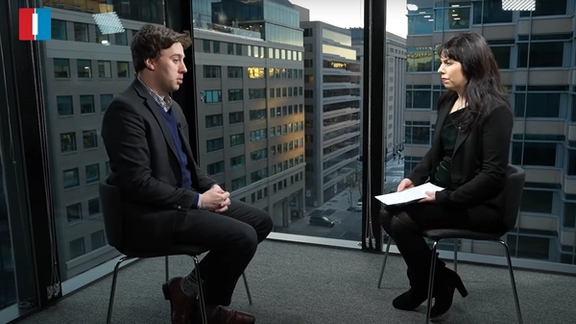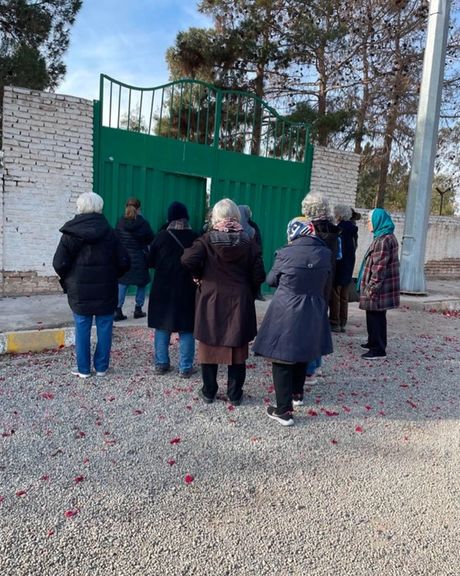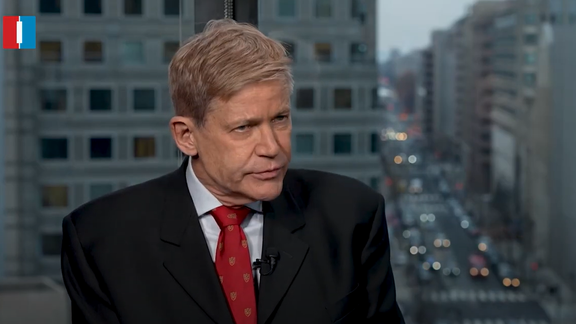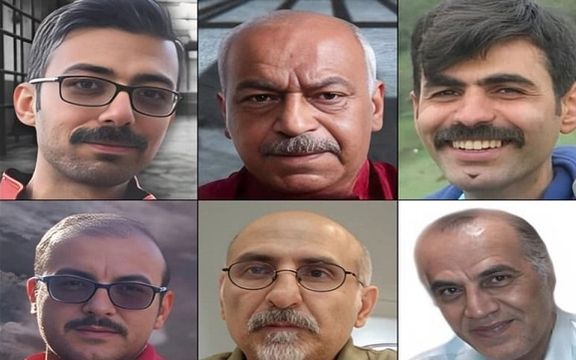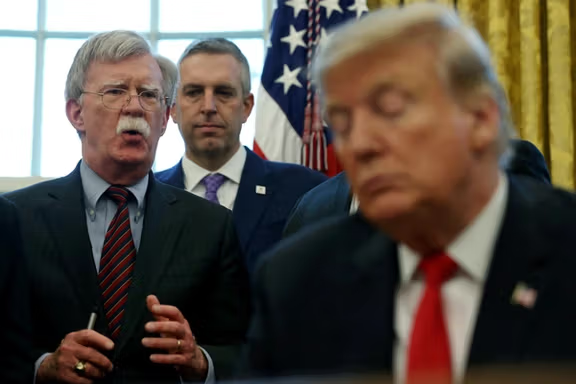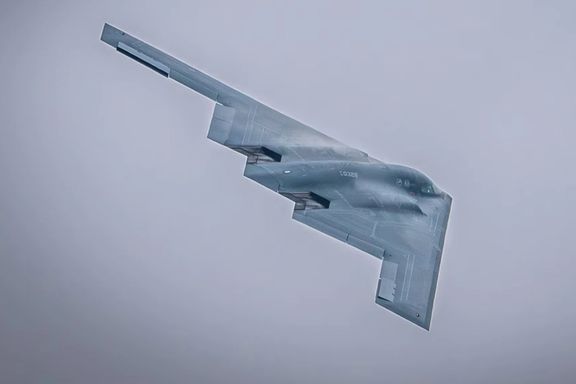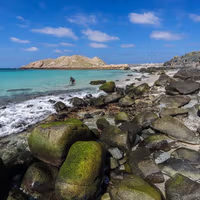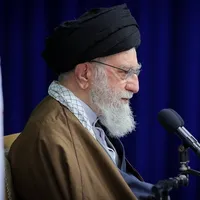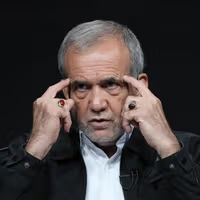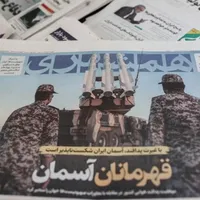In an interview with Iran International’s Samira Gharaei, Patrick Clawson, Director for Research at the Washington Institute described the potential impact on Iran of a widely expected renewed hard line from Washington.
Clawson anticipates a return to the so-called maximum pressure approach from Trump's first term, primarily through intensified enforcement of existing sanctions. He acknowledged, however, that logistical challenges could delay new sanctions.
"The Trump Administration is likely to start thinking from day one about what additional steps to take but it may be a while before we see them actually able to implement those kinds of steps," Clawson said.
"The Trump administration will need to prioritize enforcement, especially given competing sanctions efforts against Russia and others."
The former president’s personal feelings towards Iran— stemming from an alleged assassination plot by Tehran—could influence his approach.
Trump will seek the restoration of United Nations sanctions on Iran which were lifted by the 2015 nuclear deal, newly sworn-in secretary of state Marco Rubio told congress this week.
The newly-minted head of state whose sanctions piled pressure on Iran's oil revenue in his first term and hit Tehran's spending on armed allies in the region, also ordered a deadly drone strike on a top Iranian commander, Qassem Soleimani.
Potential Iran-US talks
Despite the potential for increased pressure, Clawson raised the possibility of renewed talks, highlighting the former president's self-perception as a dealmaker.
"Trump has a long memory, and he takes personal slights seriously," he noted. "While he might entertain the idea of a deal, Iran’s leadership, particularly Khamenei, remains deeply skeptical."
Whether Tehran is willing to engage in new talks remains uncertain as Iranian officials and media remain sharply divided on relations with Washington with Trump back in the White House.
Clawson highlighted the recent setbacks for Iran's armed allies in the region, such as Hamas and Hezbollah, as a potential motivator for seeking a deal.
"Iran’s recent failures may create an opening for diplomacy," he suggested. "However, Khamenei’s uncompromising nature often leans toward retaliation rather than reconciliation."
Regarding Israel, Clawson acknowledged Prime Minister Benjamin Netanyahu's past caution on military action against Iran but also noted a shift in the Israeli military's posture. He suggested that recent Israeli military successes might embolden them.
"Israel, with its recent military successes, is more confident than ever in confronting Iranian threats."
While acknowledging the significant changes in the region, Clawson cautioned against premature pronouncements of a "new Middle East," pointing out the region's history of unexpected developments.
"The Middle East has a remarkable ability to throw up new problems, and I would anticipate that we're going to see new problems in the region, things we hadn't expected."
Iran's nuclear program and a post-Khamenei future
Clawson expressed concern about Iran's advancing nuclear program and the potential for a more aggressive stance after Khamenei's departure.
"Khamenei’s micromanagement has kept the system intact," he said, arguing that without him, there’s a real risk of power struggles that could lead to a hardline push for a nuclear weapon.
"I suspect that in the political maneuverings in Tehran that they're going to be some people who say, 'Let's go ahead and do that bomb.' I am concerned that in what's likely to be a rather unsettled situation after Khamenei passes from the scene."
The head of Iran’s Armed Forces Judiciary emphasized earlier in the week that the Supreme Leader has forbidden the development of nuclear weapons, sounding a conciliatory note as Tehran seems to be exploring talks to ease sanctions.
